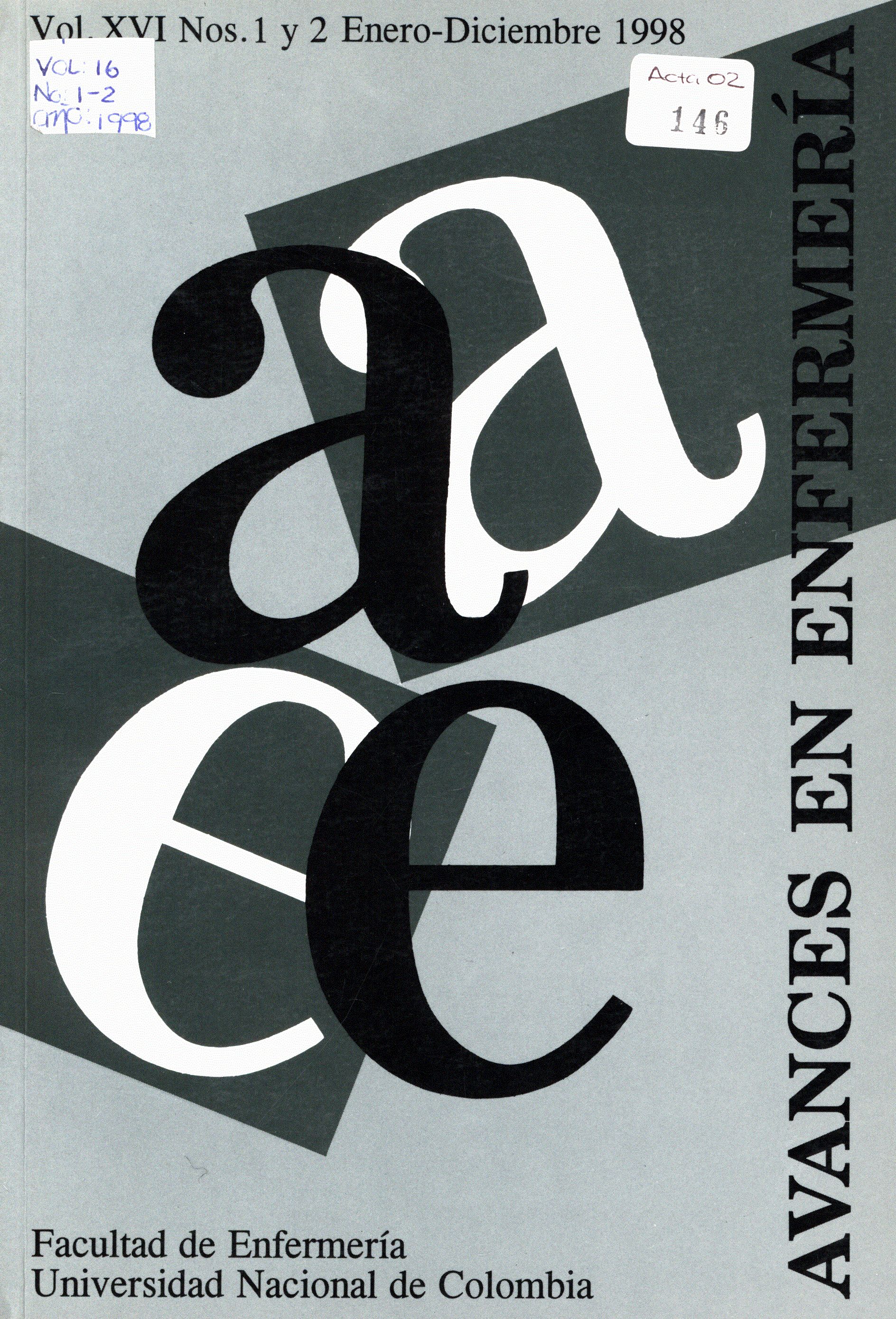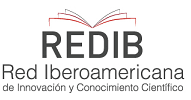Opinión de empleadores de lPS sobre las características del profesional de enfermería requerido
Keywords:
profesional de enfermería (es)opinion, employer, IPS, characteristics, nursing (en)
Downloads
La reforma del sector salud a raíz de los cambios políticos en el país, planteada en la ley 100 del 93 conlleva retos en la formación del profesional de enfermería para ejercer un papel preponderante y eficiente en promoción de la salud, administración del cuidado de enfermería y servicios en las IPS. Se aplicó un cuestionario de opinión a 23 empleadores de IPS en Bogotá para conocer las características que para ellos debe tener un profesional de enfermería, quienes resaltaron: amplio conocimiento del sector salud involucrado en el contexto socioeconómico y político del país; de los roles y competencias de la profesión y de otras profesiones con las que interactúa. Con formación y capacidad en las áreas bio-psico -social-espiritual-ética-clínica administrativa- educativa e investigativa; con actitudes, habilidades, liderazgo y mentalidad profesionales. Opinión que realimenta los programas de formación del profesional de enfermería para lograr mayor acercamiento entre asistencia y formación integral de este profesional, que afronte retos e impulse el desarrollo de la profesión.
Due to the political changes in the country, resulting in law 100 of 1993, the development of professional nursing has faced challenges in terms of control and efficiency in promoting aspects of health such as nurse care, administration and service in IPS. A questionnaire was given to 23 employers of IPS in Bogotá in order know their criteria for professional nursing, resulting in the following observations -a broad awareness of health sector being involved in the socioeconomically and political aspect of the country, the role of the professional nursing as it competes with related professions¡ the need for focusing in bio-psycho-social, spiritual, ethical, clinic, administrative, educational and research aspects in the area with a professional attitude and leadership. These results affirm that the nursing training programs should focus on building a closer relationship between training and clinical service in order to confront the challenges and developments in the profession.
References
BARAHONA,R.,"Lasaludparatodosyloscam-biosindispensablesenlaeducaciónylaprácticamédica",en:ConferenciaMundialdeEducaciónMédicaASCOFAME,Bogotá,octubrede1995.
CANO,Eduardo,"Laarticulacióndocente-asistencialA.D.A.MarcoConceptual",enRevistaInvestigaciónyEducaciónenEn-fermería,UniversidaddeAntioquía,vol111No.2,septiembre1990.
CONGRESODELAREPÚBLICADECOLOM-BIA,Ley266de1996porlacualsere-glamentalaProfesióndeEnfermeríaenCo-lombiaysedictanotrasdisposiciones.
CONSTITUCiÓNPOLíTICADECOLOMBIA.1991.
DONALSON,SyCROWLEY,D.,TheDisciplineofNursing.Nursingoutlook,26(2),february1978,pp.113-120.
KELLY,L.,DimensionsofProfesionalNursing,4th,NuevaYork,MacMillar,1981.
LYSAUGHT,J.P.,ActioninAffirmation;JowardandUnambigousProfessionofNursing,NuevaYork,McGrawHill,1981.
REPÚBLICADECOLOMBIA.MINISTERIODESALUD.ElRecursoHumanodelaSaludenColombia,SantafédeBogotá,agosto1995
How to Cite
VANCOUVER
ACM
ACS
APA
ABNT
Chicago
Harvard
IEEE
MLA
Turabian
Download Citation
Article abstract page views
Downloads
License
Copyright (c) 1998 Avances en Enfermería

This work is licensed under a Creative Commons Attribution 4.0 International License.
All articles published by Avances en Enfermería are licensed under the Creative Commons Attribution 4.0 International License. Starting 2020, we added the CC-BY-NC recognition to the license, which means anyone is allowed to copy, redistribute, remix, transmit and transform our contents with non-commercial purposes, and although new works must adequately cite the original work and source and also pursue non-commercial purposes, users do not have to license derivative works under the same terms.































